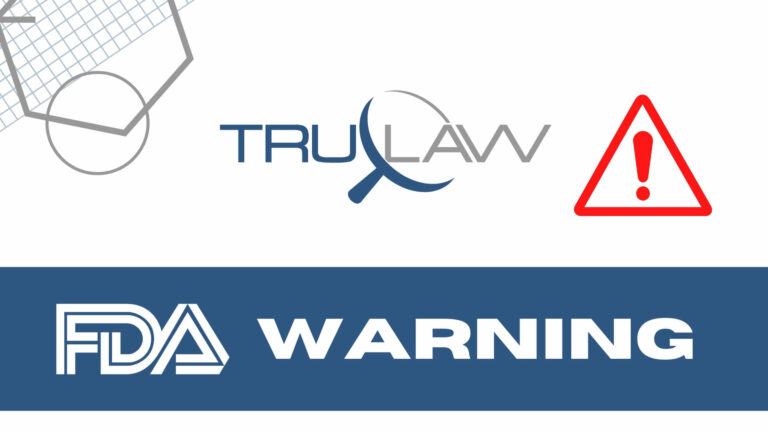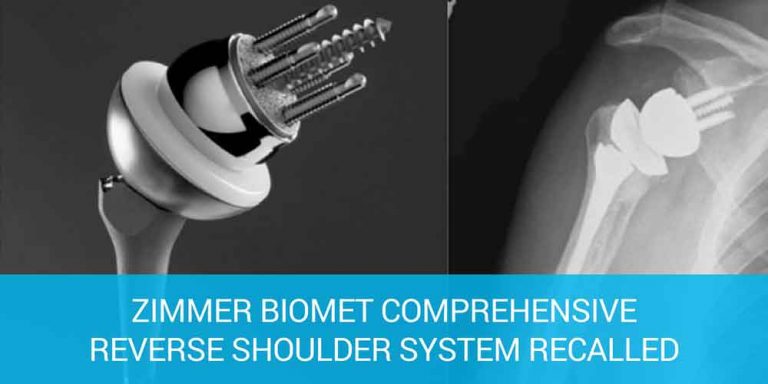
FDA warns – Melissa’s brand fresh organic basil in 2.0 oz, 4.0 oz packages included in Infinite Herbs LLC recall
Consumers are advised that Melissa’s brand fresh organic basil in 2.0-ounce and 4.0-ounce packages are now included in a April 19, 2024 recall initiated by Miami, Florida-based Infinite Herbs LLC. The Melissa’s brand portion of the recall covers 96 2.0-ounce packages of fresh organic basil


